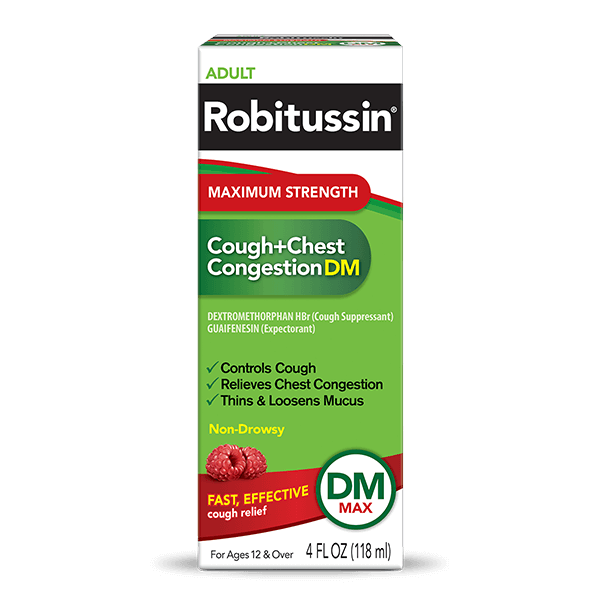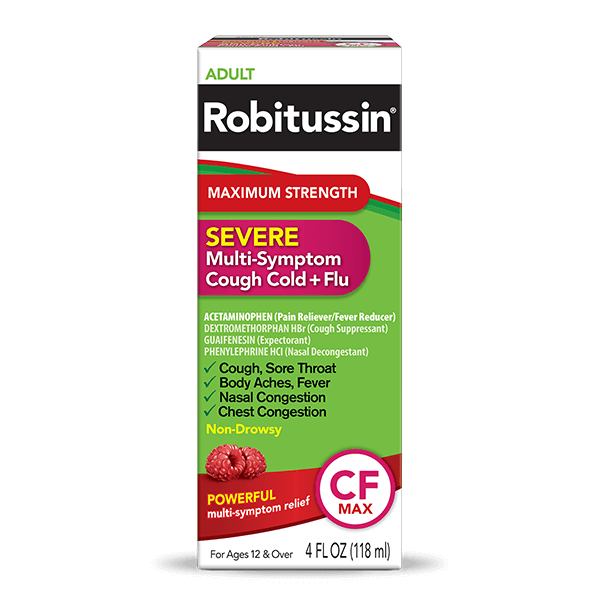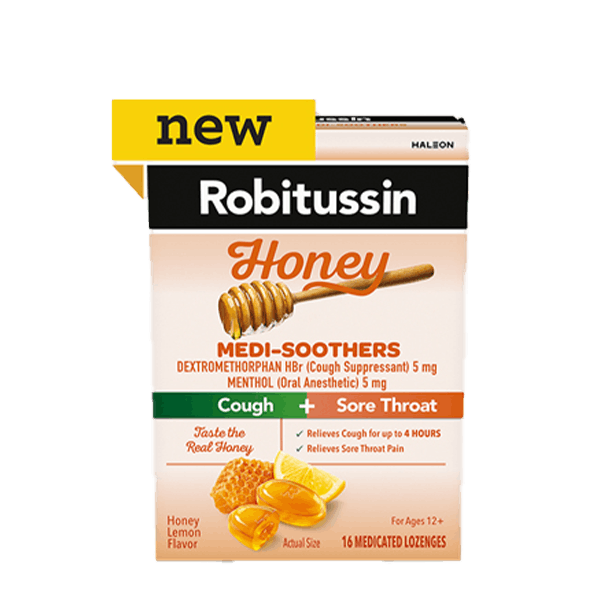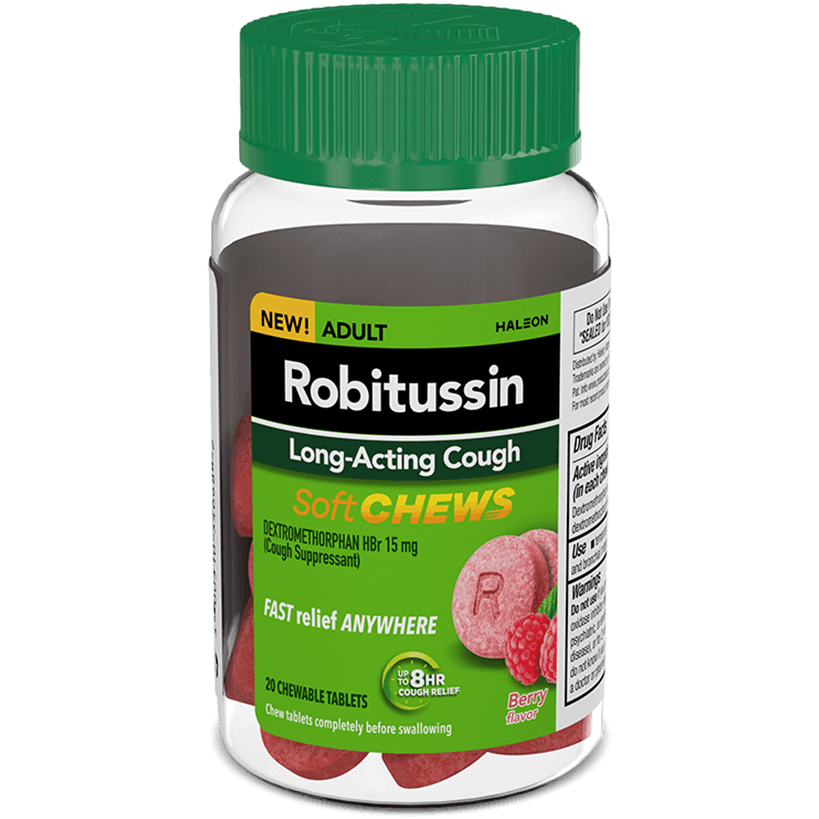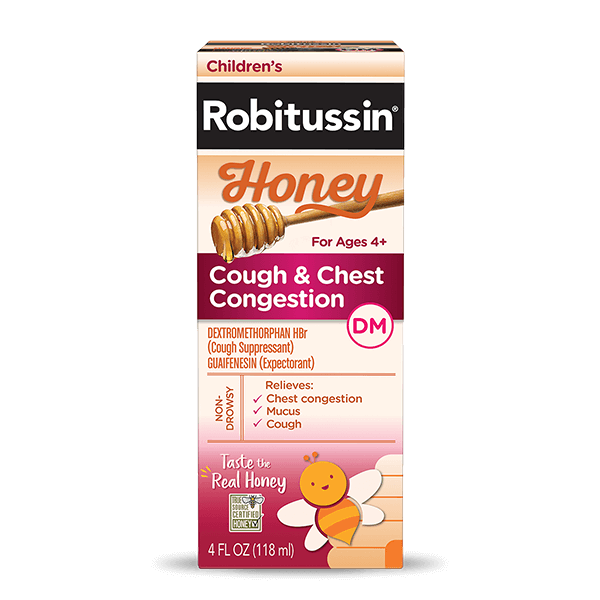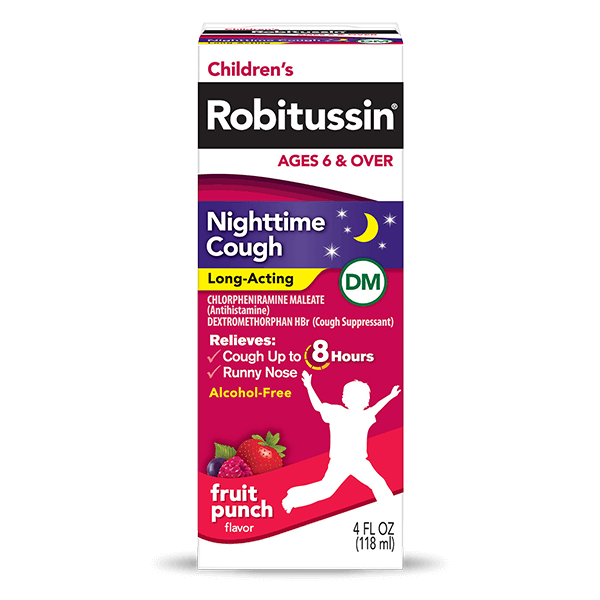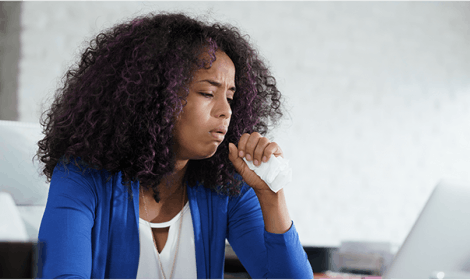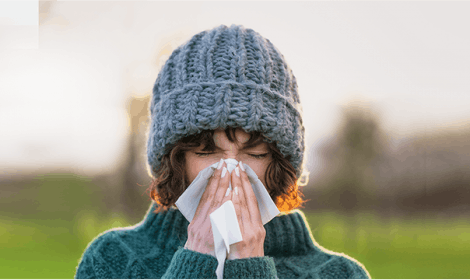Robitussin Frequently Asked Questions
Use Robitussin products with confidence by exploring detailed information on our cough and cold products, all while gaining insight into the distinctions between the flu and COVID-19.
Got a question you can’t find an answer to here or within our Cough and Cold Center? Feel free to get in touch and we’ll respond as soon as possible.
Robitussin Product FAQs
The Product Finder can help you find the best Robitussin cough and cold products to meet your needs. But if you have questions about those products, you’ve come to the right place.
Covid FAQ's
The symptoms of COVID-19 and those of the cold or flu may have some degree of overlap, which may lead to some confusion about how to manage and treat symptoms.4 Get the answers about Robitussin and COVID-19 here. †
Source Citations:
- Medication Safety. Safe Kids Worldwide. https://www.safekids.org/medicinesafety. Accessed 11/30/23.
- Why is my child always sick? Children’s Hospital of Orange County. https://health.choc.org/why-is-my-child-always-sick-a-pediatrician-answers-your-questions/. Accessed 11/30/23.
- FDA 101: Dietary Supplements. US Food and Drug Administration. https://www.fda.gov/consumers/consumer-updates/fda-101-dietary-supplements. Accessed 11/30/23.
- Symptoms of COVID-19. Centers for Disease Control and Prevention. https://www.cdc.gov/coronavirus/2019-ncov/symptoms- testing/symptoms.html. Accessed 11/30/23.
- Similarities and Differences between Flu and COVID-19. Centers for Disease Control and Prevention. https://www.cdc.gov/flu/symptoms/flu-vs-covid19.htm. Accessed 11/30/23.
- How to Protect Yourself and Others. Centers for Disease Control and Prevention. https://www.cdc.gov/coronavirus/2019-ncov/prevent-getting-sick/prevention.html. Accessed 11/30/23.
- Coughing and Sneezing. Centers for Disease Control and Prevention. https://www.cdc.gov/hygiene/personal-hygiene/coughing-sneezing.html. Accessed 11/30/23.
- Rhinoviruses. Centers for Disease Control and Prevention. https://www.cdc.gov/ncird/rhinoviruses-common-cold.html. Accessed 11/30/23.
- Travelers’ Health: COVID-19. Centers for Disease Control and Prevention. https://wwwnc.cdc.gov/travel/diseases/covid19. Accessed 11/30/23.
- How COVID-19 Spreads. Centers for Disease Control and Prevention. https://www.cdc.gov/coronavirus/2019-ncov/prevent-getting-sick/how-covid-spreads.html. Accessed 11/30/23.
